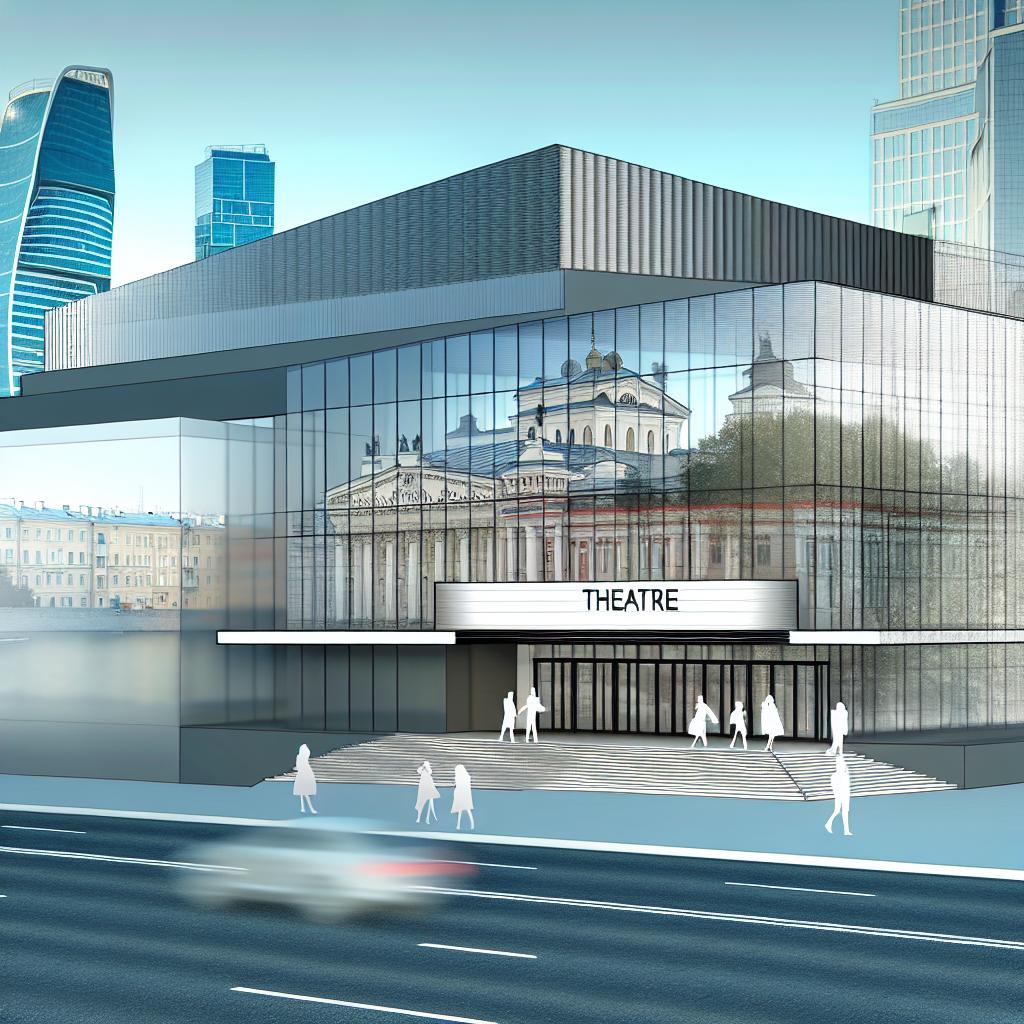Modern Theatre in Moscow
Moscow, celebrated for its rich tapestry of cultural heritage, stands as a testament to the coexistence of tradition and innovation in the realm of theatre. The city is much more than its iconic landmarks and classical ballets; it is also a burgeoning hub for modern theatre enthusiasts. While the allure of traditional and classical performances remains strong, the emergence of contemporary and experimental productions has woven a new layer into the city’s cultural fabric. This transformation mirrors the dynamic changes in societal attitudes and artistic inclinations, providing a vibrant canvas for both creators and audiences.
Historical Context
The historical journey of theatre in Moscow dates back to the early 20th century when the city played a pivotal role within the Soviet Union. During this era, theatre was a powerful tool for ideological expression, often used to convey state-approved narratives and social ideals. However, the fall of the Soviet Union marked the advent of a new chapter in Moscow’s theatrical landscape. The transition to a more liberal society ushered in an era of artistic freedom, which catalyzed the diversification of theatrical expressions across the city. This significant shift in the cultural paradigm has seen Moscow theatres transition from being vehicles of state propaganda to platforms for independent artistic voices and narratives.
Key Modern Theatres
Modern Moscow boasts several key theatres that are instrumental in shaping its contemporary theatre scene. Among these, the Gogol Center stands out as a beacon of modern theatrical innovation. Established in 2012 and named after the illustrious Russian playwright Nikolai Gogol, the center is renowned for its audacious and unconventional productions. Under the stewardship of director Kirill Serebrennikov, the Gogol Center has become an epicenter of contemporary artistic exploration in Russia. Its offerings challenge conventional narratives and captivate audiences with fresh perspectives and daring concepts.
The Stanislavsky Electrotheatre is another prominent institution that contributes significantly to modern theatre in Moscow. Known for its eclectic blend of classical works infused with modern twists, the theatre embraces experimental productions that redefine theatrical norms. By integrating multimedia elements and innovative staging techniques, the Stanislavsky Electrotheatre continues to push the boundaries of what traditional theatre can offer. Its commitment to creative experimentation ensures that audiences are treated to groundbreaking performances that challenge and inspire.
Experimental and Alternative Spaces
Apart from these major players, Moscow is home to numerous smaller theatres and experimental spaces that nurture emerging talent and champion experimental forms. These venues often act as incubators for cutting-edge ideas and vibrant artistic collaborations. By providing platforms for experimental performances and alternative narratives, these spaces contribute significantly to the richness and diversity of Moscow’s theatre scene. Emerging playwrights and directors benefit from the creative freedom and support offered by these experimental venues, resulting in a continuous influx of innovative works that captivate and engage dynamic audiences.
Audience and Cultural Impact
The appeal of modern theatre in Moscow extends to a diverse audience spectrum. From patrons seeking intellectually stimulating and thought-provoking content to those desiring pure, unfiltered entertainment, modern theatre in the city caters to a wide array of tastes and preferences. This eclectic mix of offerings plays a crucial role in shaping cultural discourse and fueling social commentary within Moscow. As theatre becomes a platform for addressing pressing social issues and encouraging open dialogue, audiences find themselves immersed in thought-provoking narratives that resonate and inspire reflection.
Government and Institutional Support
In recent years, there has been a positive trend toward greater institutional and governmental support for modern theatre in Moscow. While many independent theatres continue to face challenges concerning financial sustainability and legislative support, recognition of the cultural significance of modern theatre is on the rise. State institutions are increasingly acknowledging the importance of fostering artistic expression and ensuring the preservation and growth of Moscow’s theatrical legacy. This support, although evolving, plays a pivotal role in ensuring that modern theatre can flourish and continue captivating audiences both locally and globally.
For those interested in exploring Moscow’s modern theatre scene further, information on theatre venues, events, and productions can be accessed through Moscow Theatres. This resource serves as a comprehensive guide to the ever-evolving landscape of modern theatre in the city.
Conclusion
Moscow’s modern theatre scene is a dynamic and ever-evolving tapestry that mirrors the broader transformations within Russian society. With its deft blend of tradition and innovation, modern theatre in Moscow stands as a living testament to the city’s cultural vitality. Through its ability to attract both local and international attention, the theatre scene asserts its position as an integral component of Moscow’s identity. As audiences continue to engage with its offerings, Moscow’s modern theatre remains an enduring symbol of the city’s commitment to artistic excellence and cultural exploration.

